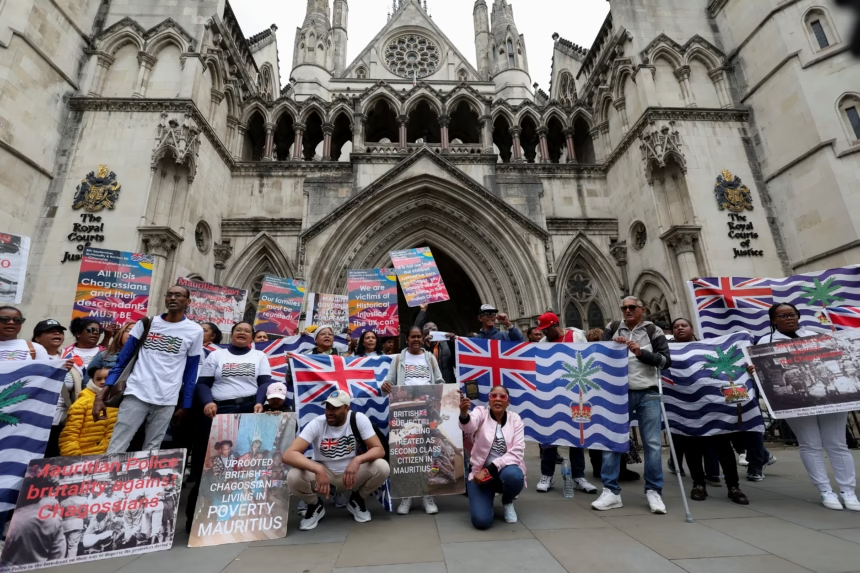Introduction
The UK’s sovereignty deal over the Chagos Islands with Mauritius has sparked major international criticism Chagos Islands deal. A UN-appointed expert panel has recommended suspending the agreement, claiming it violates the rights of displaced Chagossian people—especially their right to return to ancestral lands like Diego Garcia.
What is the UK-Mauritius Chagos Islands Deal?

Signed in May 2025, the deal officially transferred sovereignty of the Chagos archipelago to Mauritius, while allowing the UK and US to jointly operate a strategic military base on Diego Garcia for 99 years, in exchange for a £101 million annual payment.
The Chagos Islands were separated from Mauritius in 1968—prior to Mauritian independence—under conditions many legal scholars and UN human rights experts now argue were coercive and illegal. Thousands of Chagossians were forcibly removed to Mauritius, the Seychelles, or the UK and have since been denied access to their homeland.
UN Panel: Deal Violates Chagossian Rights
The panel—appointed by the UN Human Rights Council—strongly condemned the deal for:
- Lacking guarantees for the Chagossians’ right of return
- Restricting access to cultural and ancestral sites
- Failing to offer adequate compensation under international law
They argued that maintaining military control of Diego Garcia prevents the Chagossian people from reuniting with their land and heritage, violating their right to reparations and cultural preservation.

Political and Legal Fallout in the UK
The UK government insists that the deal was fair and welcomed by international bodies. A Foreign Office spokesperson claimed it was “welcomed by international organisations including the UN Secretary-General.”
However, Shadow Foreign Secretary Dame Priti Patel has slammed the deal, calling it “bad for British taxpayers and bad for the Chagossian people.” She has introduced a bill in Parliament to block ratification of the agreement, which is pending until 3 July 2025.
Chagossian Voices Demand Justice
Two Chagossian women born on Diego Garcia filed a High Court challenge in the UK, arguing that the agreement violates their birthright and international law by not assuring a legal pathway back to their homeland. The legal battle highlights the ongoing trauma of displacement that has lasted over five decades.
Is the £40M Trust Fund Enough?
While the agreement includes a £40 million fund to support Chagossians, critics—including the UN panel—argue this is insufficient. It lacks mechanisms for property claims, cultural restitution, or legal citizenship paths for descendants of displaced islanders.

Conclusion: A New Colonial Reckoning?
With Parliament’s decision due in July and mounting international pressure, the UK may be forced to renegotiate or abandon the agreement. The outcome could reshape global norms for post-colonial justice and set a precedent for displaced indigenous communities worldwide.
For more insight on the colonial history behind this dispute, explore our analysis of UK-Mauritius Colonial History Disputes.
Stay updated with global human rights and sovereignty battles—subscribe for more timely news and analysis.









